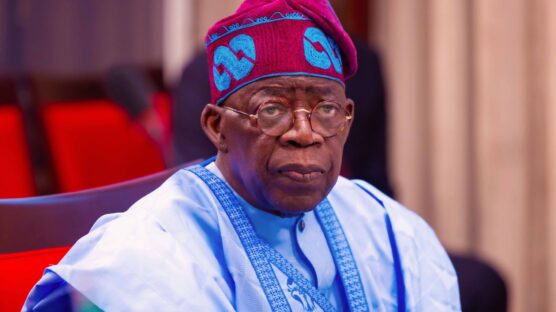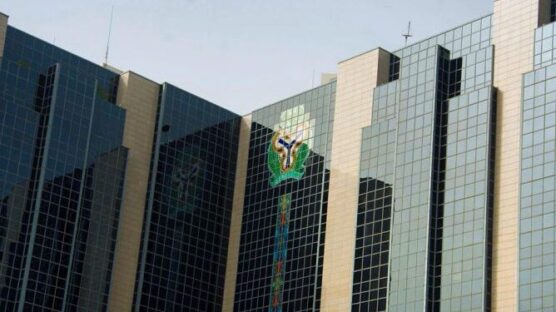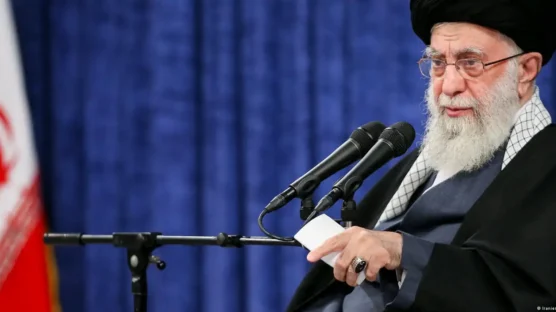Al Qaeda deputy leader killed: Breaking down the mystery surrounding his reported death
By France24
19 November 2020 |
9:00 am
Last week, The New York Times reported that Israeli agents, at the behest of the US, had assassinated al Qaeda's number two on the streets of Tehran. Abu Muhammad al-Masri was gunned down along with his daughter, Miriam. She was also reportedly a target, as she was being groomed for a leadership role in al Qaeda. Iran has vehemently denied these reports. To shed some light on this story, we talk to Ronen Bergman. He's one of the writers of the piece and also the author of "Rise and Kill First: The Secret History of Israel's Targeted Assassinations".
In this article
Related
4 days ago
Related
11 Apr
Some countries in Europe have begun to ban short-haul flights to cut emissions. Will other countries follow? And — can these bans make a real difference?
4 days ago
Here's what's been making the business headlines in sub-Saharan Africa this week.
13 Apr
Nigeria’s Minister of Finance, Wale Edun says 4.83 trillion naira from T-Bills and Bonds issued in the first quarter of this year was used to pay part of the Ways and Means advances from the Central Bank of Nigeria. Sam Chidoka, CEO of Kairos Capital joins CNBC Africa for more on this discussion and Nigeria's debt management strategy.
3 days ago
A year after Lula came to power, his gamble has paid off: deforestation has been halved in the Amazon. But this success comes at the cost of sacrificing another ecosystem that's just as vital to Brazil: the Cerrado.
3 days ago
Some top Nigerian banks are eyeing the international and local capital markets to raise fresh capital in a bid to meet the recapitalisation exercise by the Central Bank of Nigeria. Egie Akpata, Chairman of Skymark Partners joins CNBC Africa to examine options available to banks.
1 day ago
According to the International Monetary Fund (IMF), a 10% rise in the dollar on the currency market would push down real gross domestic product (GDP) in emerging economies by 1.9% after one year, with adverse economic effects lasting more than two years
Latest
4 hours ago
Find these stories and much more when you grab a copy of The Guardian on Saturday.
8 hours ago
India's mammoth elections are now under way, with Prime Minister Narendra Modi widely expected to win a third term. Since coming to power in 2014, Modi has expanded subsidy programmes for the poor and women.
8 hours ago
A world record of 969 million citizens are called to the polls for what some see as a referendum on one man. India is about to embark on the world's biggest election, staggered over seven weeks, with Narendra Modi’s Hindu nationalist BJP expected to extend its solid lead in parliament. Modi has been pointing to a decade of unprecedented growth and power for a nation courted by the West and beyond.
9 hours ago
India's mammoth elections are now under way, with Prime Minister Narendra Modi widely expected to win a third term. Since coming to power in 2014, Modi has expanded subsidy programmes for the poor and women. These programmes include measures like equipping homes with butane gas by offering free cylinders or distributing free food rations. Some 60 percent of the population benefits from Modi’s food distribution scheme, which he has pledged to renew for another five years. Another success story is the nationwide rollout of digital payment services. Meanwhile, critics say the prime minister is eroding democracy by targeting opposition parties and controlling the media.
9 hours ago
In the early hours of Sunday morning, Iran fired hundreds of missiles and drones at Israel in an unprecedented strike launched directly from Iranian territory. Almost all of the drones, rockets and cruise missiles launched by Iran were intercepted by Israeli air defenses with the help of the US, UK, and several Arab countries.
10 hours ago
The Croatian city of Vukovar, on the banks of the Danube, has a painful past. Located on the border with Serbia, it was the scene of the first major battle in the 1990s Balkan wars. Four years before the genocide in Srebrenica and eight years before the war in Kosovo, Vukovar was the first city in the former Yugoslavia to suffer ethnic cleansing, in 1991. More than 30 years later, reconciliation between local Serbs and Croats is hindered by impunity for war crimes and the inability to agree on a common version of events.
×

Get the latest news delivered straight to your inbox every day of the week. Stay informed with the Guardian’s leading coverage of Nigerian and world news, business, technology and sports.


















0 Comments
We will review and take appropriate action.